Every Sunday, Edward Cruz II, a fourth-year environmental science policy and management student at the University of Minnesota, hops into the back seat of his roommate’s yellow Nissan Juke and heads to the Roseville Walmart.
Once there, they start in the produce section, weaving through aisles as they make their way toward the back of the store. In his weekly haul, Cruz said he always has green onions, vegetarian fake meat and tortillas.
Once finished, the group walks to the front of the store to pay, and Cruz swipes his EBT, electronic benefits transfer, card at the register.
Cruz is one of many college students enrolled in the Supplemental Nutrition Assistance Program (SNAP), a government assistance initiative once called “food stamps.” In December, student SNAP requirements changed, allowing more students to join the program.
With the new qualifications, a student needs to qualify for work-study or have a $0 estimated parent contribution on their FAFSA and make under $1,755 a month if they are a single person.
“As of right now, it’s just a temporary exemption until 30 days after the emergency order, the pandemic end or until the person’s recertification, whichever is later,” said Becca Leighton, the health promotion specialist at Boynton Health.
Leighton wanted to make sure students knew about these changes, so she gave a push to One Stop Student Services, which sent out an email to 10,000 students to let them know they may be eligible for SNAP.
This is not the first time Leighton has helped inform students about their options for food assistance. In fall 2019, she created a survey that helped determine student’s eligibility for SNAP. If they qualified, they would be referred to Second Harvest Heartland, a national food bank, to get help to sign up for SNAP.
“Over the first three semesters we’ve been doing this survey, we had about 500 total students referred,” Leighton said. “In the past two weeks, we’ve had almost 700.”
More than half of the 10,000 students opened One Stop’s emails, which is a “very solid open rate,” said Julie Selander, director of One Stop Student Services.
Signing up for SNAP can take up to a month, Cruz said, but Second Harvest Heartland and staff from Nutritious U — the campus food pantry — can act as advocates and help students with the sign-up process.
Eliza Scholl, a second-year sociology major, signed up for assistance after receiving a One Stop email last fall. She now receives more than $200 a month, which is more than she can spend. Scholl said SNAP has made her life much easier.
“Before I started using SNAP, I was trying to spend as little as possible on food. Even just per item, that means that there’s a whole calculus story in your head,” she said. “There’s a certain amount of space that can now be devoted to other things because I’m not concerned when I go grocery shopping.”
Cruz seconds that thought, saying that SNAP makes his life simpler. He said he makes enough money to pay for his groceries, but SNAP makes him feel relieved.
“SNAP has allowed me to partake in foods that I otherwise probably wouldn’t get as frequently, which is, in general, stress relieving,” Cruz said. “Obviously, who doesn’t enjoy eating?”


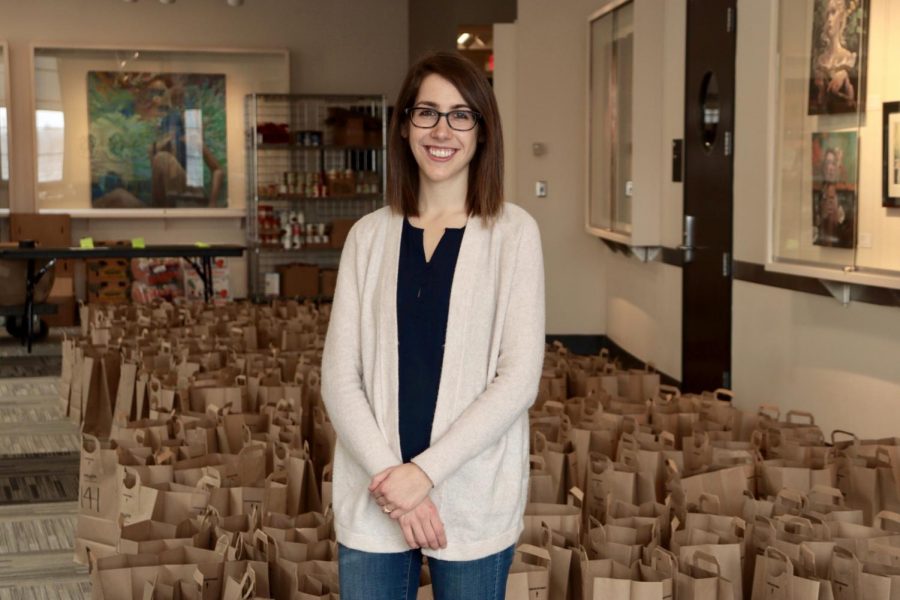
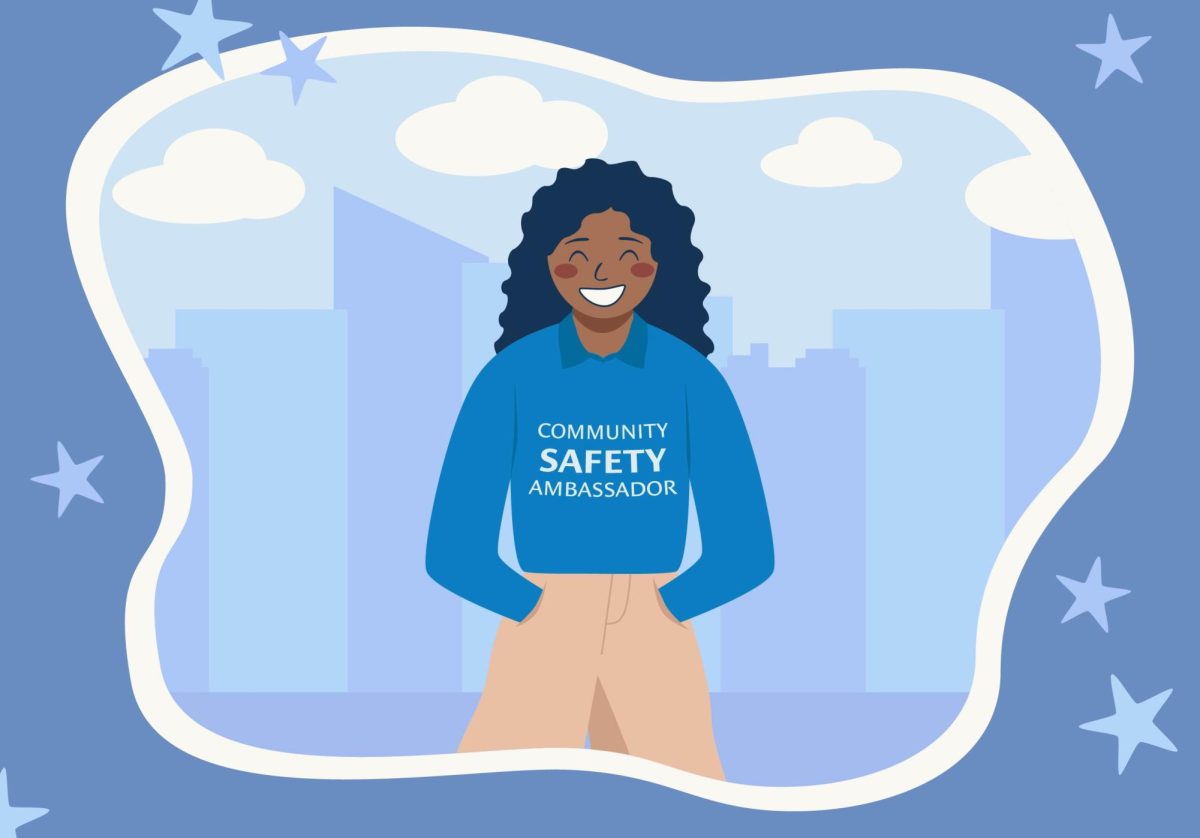
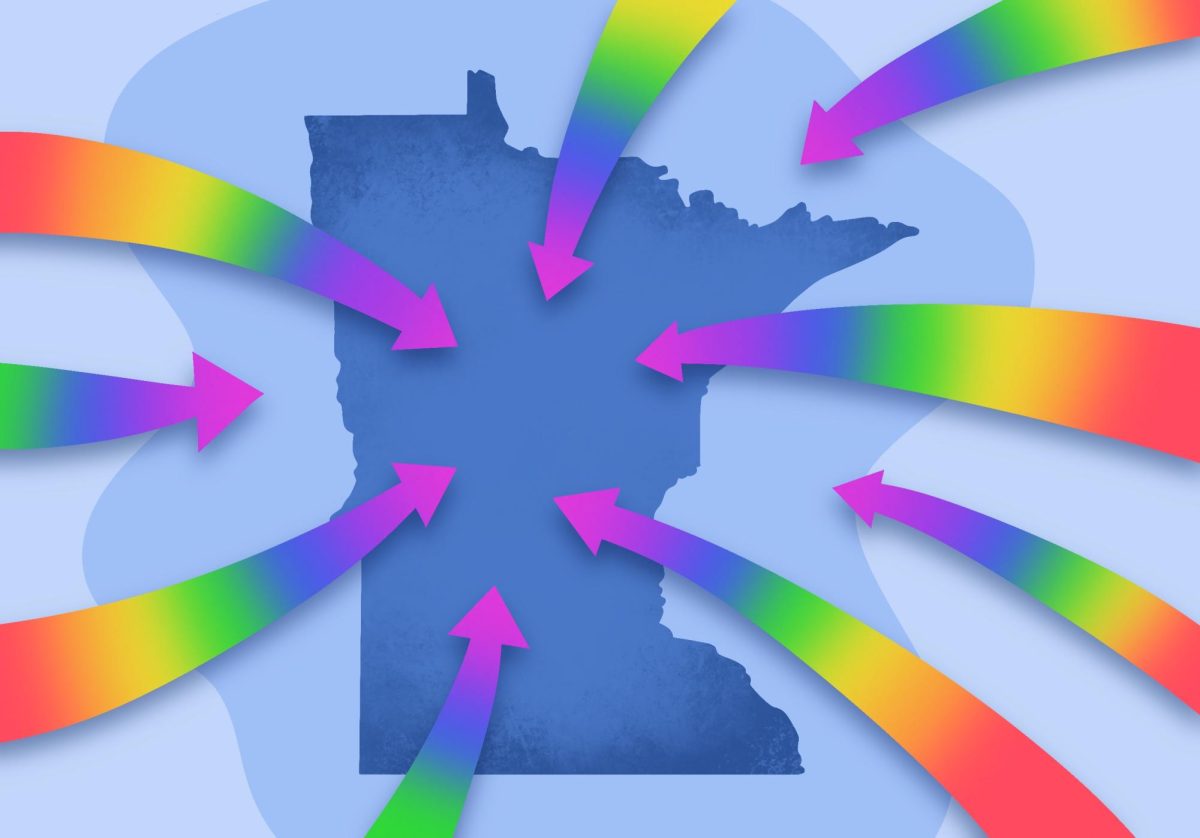
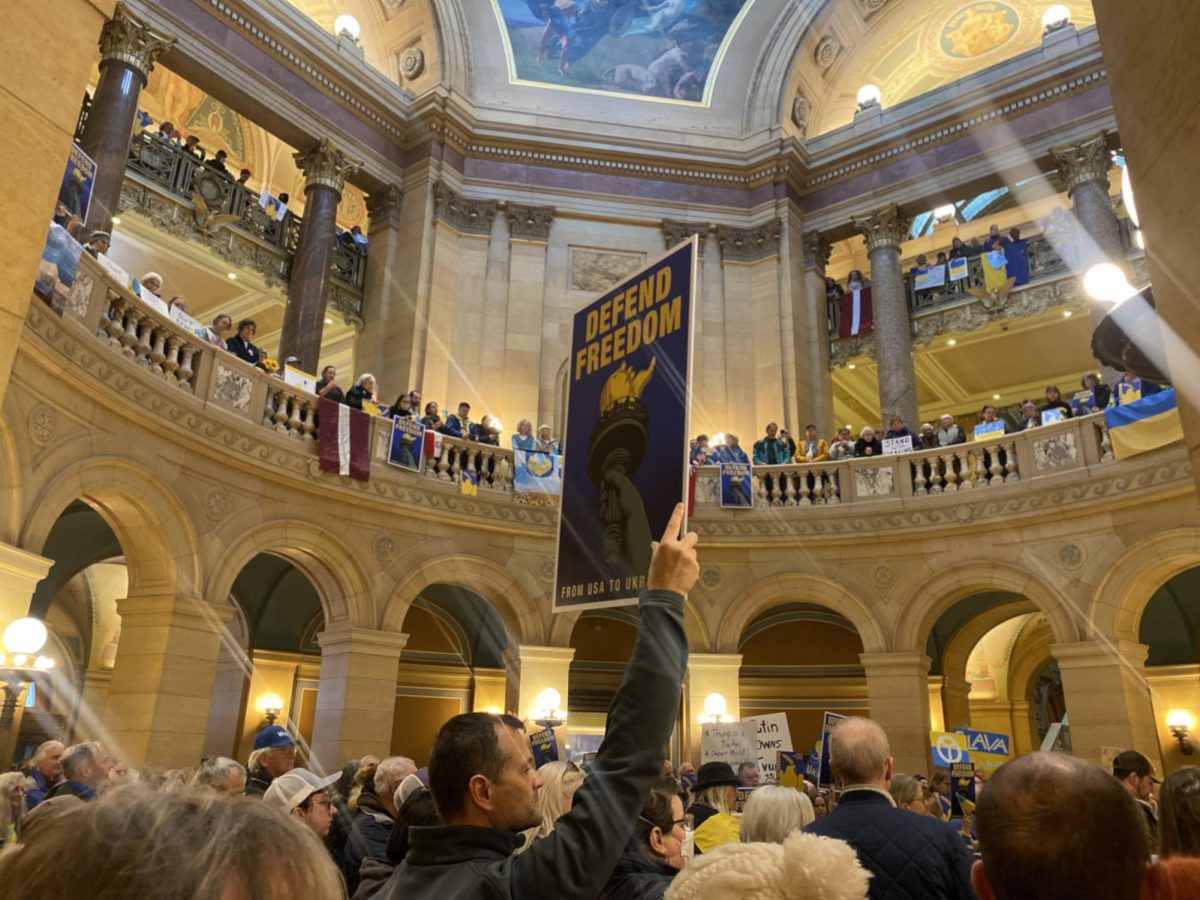








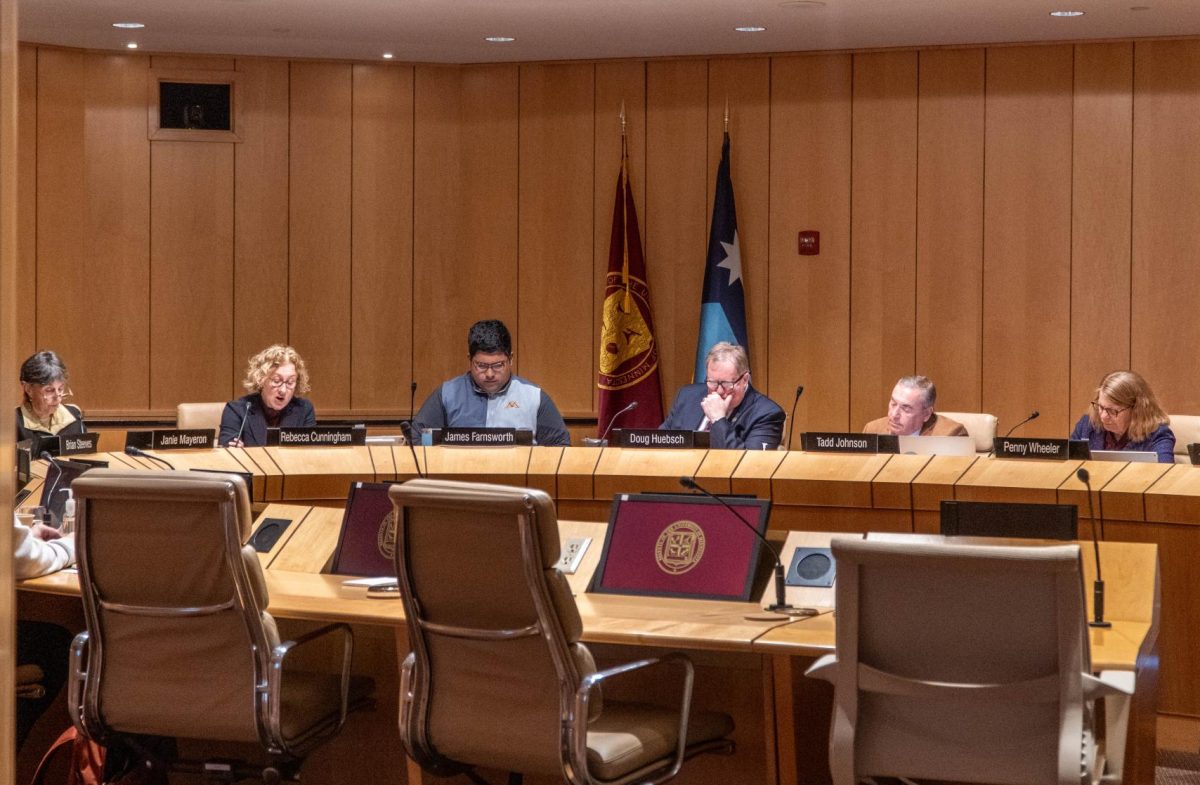
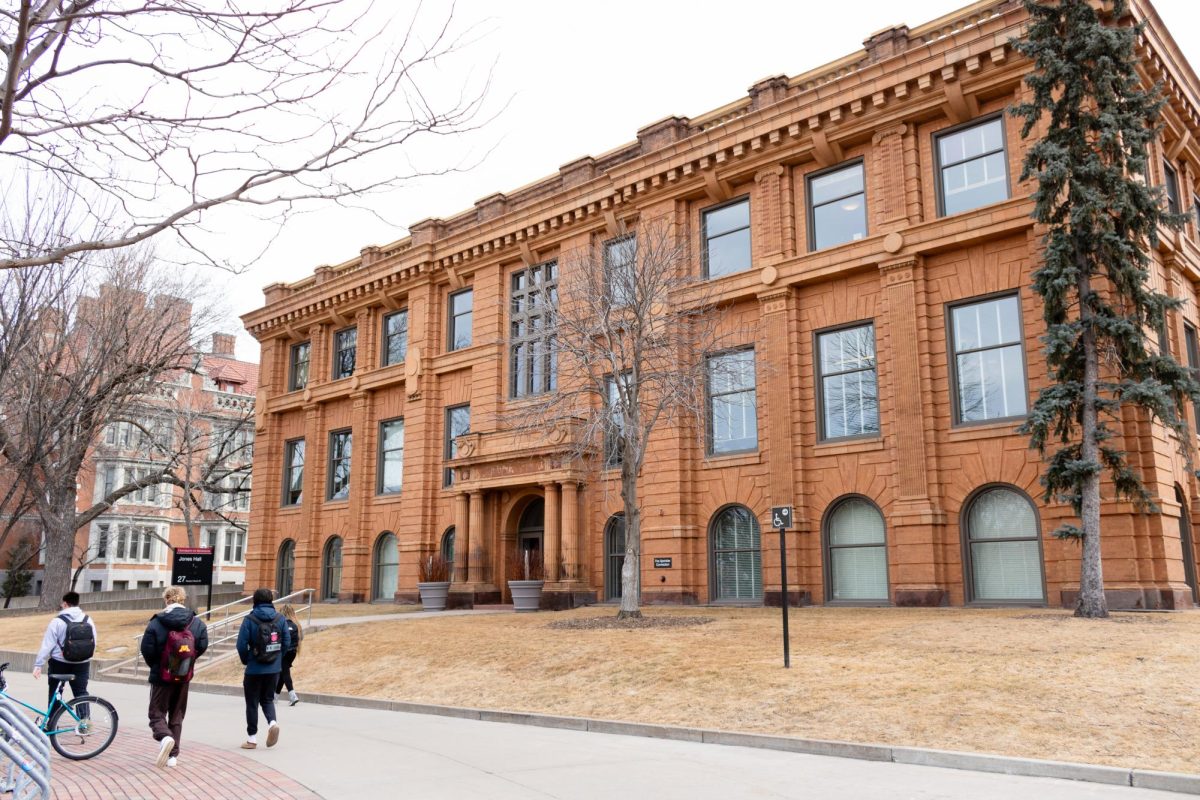
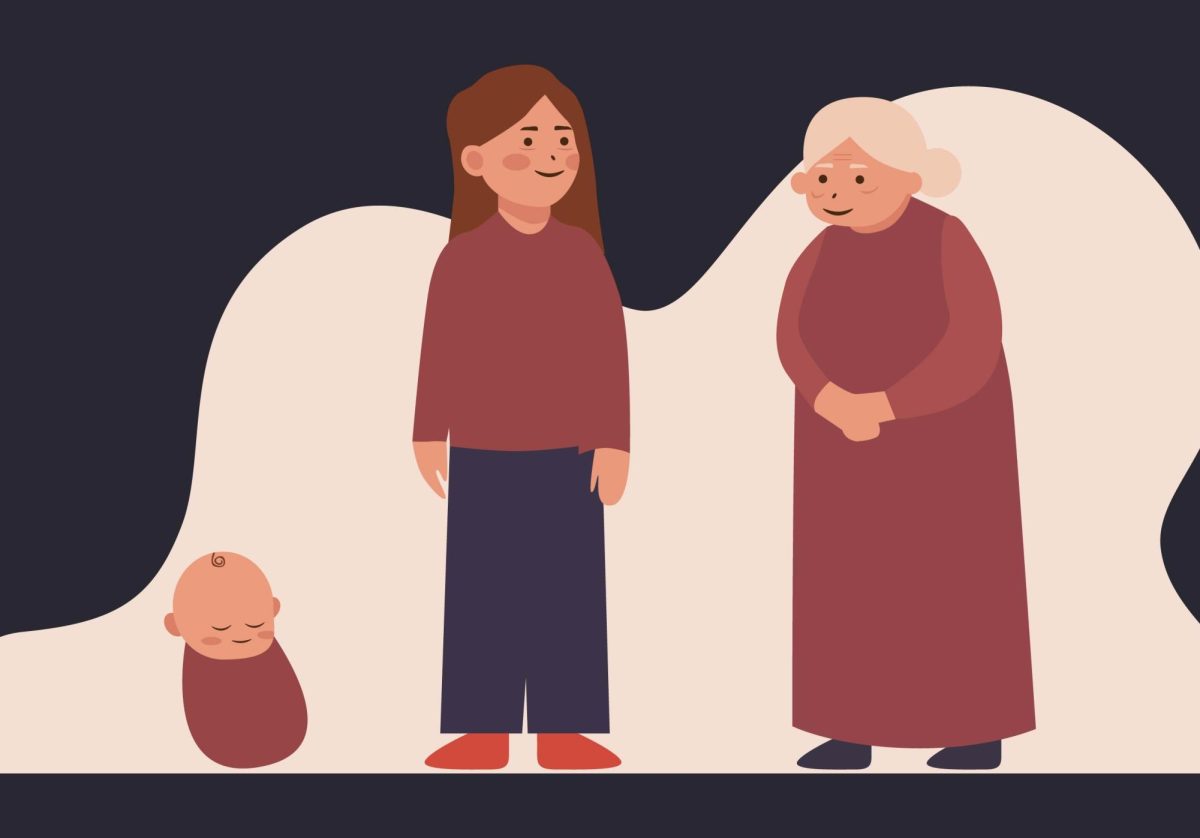

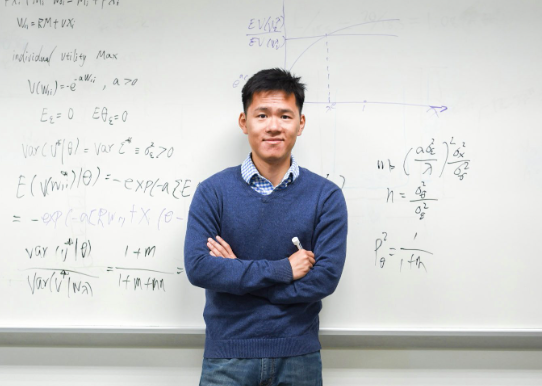
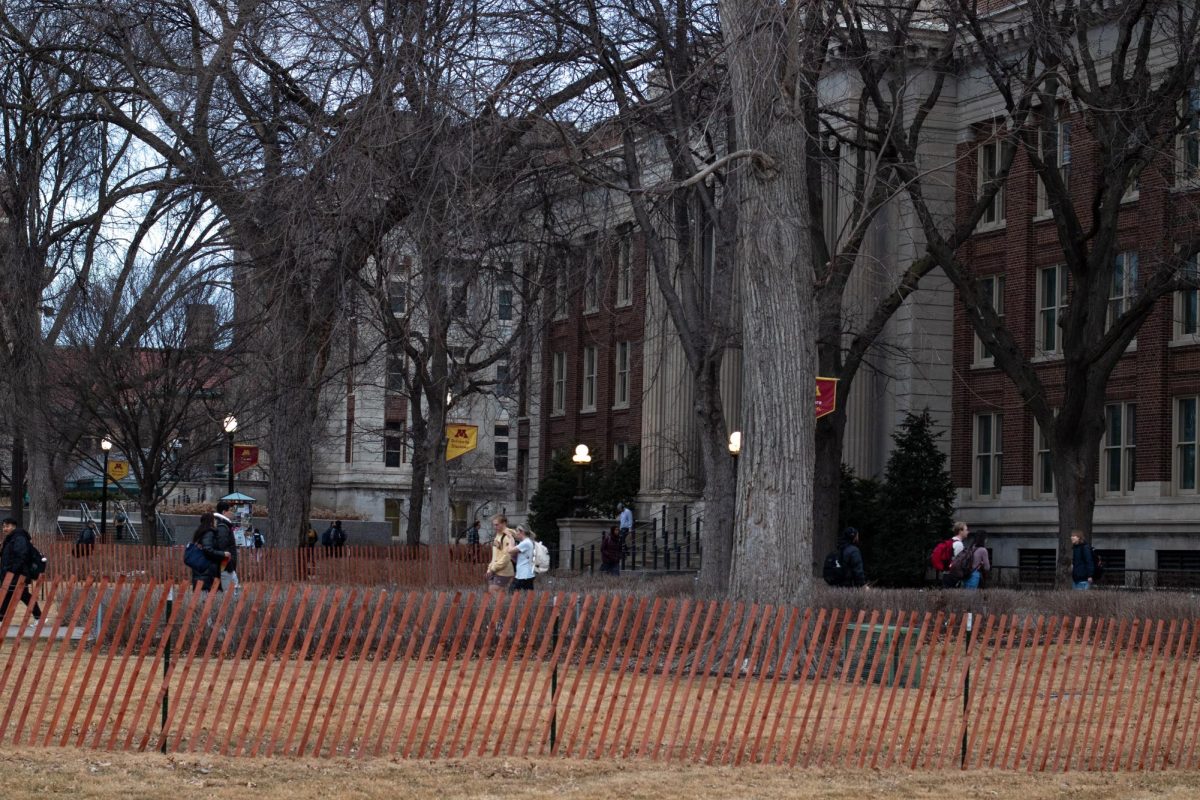
praiseinterracialmarriages
Feb 18, 2021 at 3:41 pm
I support students’ decisions to apply for, and use, SNAP benefits. As a student in the 1980’s and 1990’s, I had no support from my parents who are affluent law and medical professionals with real estate interests. I was horribly self conscious of paying for my food with what then were paper ‘food stamp’ dollar bills which stood out. I remember going to the back of the store in what was called House of Hansen, a corner store across from what is now a yoga studio and Pizza Hut in Dinkytown, in the middle of a transaction if people came to the checkout area, to avoid being seen with my food stamps. I didn’t want people to know that I was so poor that I depended on public assistance to survive.
It is o.k. to be on public assistance. People who berate others for taking advantage of caring programs which help people survive during hardship are worthy of being ignored. Be healthy and happy. A boarding school friend of mine in Europe who is a third-degree cousin of Norway’s King Harald V, and whose second cousin, King Olav V was then the active King of Norway, made use of public benefits in Norway as a young woman, and was at the time a very humorous and dignified woman. Your health and well-being are more important than caring about what others will think about you. Former Minnesota Governor Wendell Anderson once advised me that to become good in business and politics, by advising, “develop a thick skin and sense of humor.” This goes for any area of life. Be concerned about your own well-being and those who you serve, not about the petty judgments of other people.
I have had the benefit of reading a lot about business leaders who started from intensely impoverished positions in their youth and after wars which decimated their livelihoods. It is important to provide for yourself in whatever way you can ethically provide for yourself. My concern came during a period when I was hyper-focused on my family’s wealth, and the wealth and social and political status of others who were friends of my family, including the niece of a Swedish countess in Stockholm whose maritime property is leased to the Swedish Royal Navy.
Please sign up for SNAP benefits and other social services to which you may be entitled. Please forgo the torture that I went through as a young man, and simply use these benefits to buy food and also, if you qualify, receive aid for medical care and rent subsidies. I have been disabled for thirty years and still require the use of these benefits. My family is missing in action, where our the generosity of our society, through our state government, has presented these opportunities for people whose incomes fall beneath a given threshold. I have also recently been training in e-commerce, which I can do from home, and which will eventually lead me out of poverty.
Poverty is not a dirty word. It is a simple reality which many adults coming from all socioeconomic backgrounds have used and currently use. A former friend of mine, who went into the U.S. Army several decades ago to become an Apache helicopter pilot and trainer, worked as a cashier at a grocery store after his time in the military with the rank of captain. His dad was a vice president of Honeywell. Not all “rich kids,” receive financial handouts from their parents. The notion of “White male privilege,” as many people bandy about that term with callous disregard to the realities which many of us experience, is somewhat a myth.
As a Buddhist friend of mine often says, “Never give up.” Do your best to organize yourself around disciplines, knowledge, and opportunities which will promote your greater well-being. The EBT cards which we now use to pay for our food look just like debit and credit cards. At checkout time, all that is required is swiping the card and tapping in your card’s PIN number. You don’t need to tell the cashier that you are using an EBT card. It is no one’s business but your own. To determine how much cash value you still have left on your card, you can either look at a receipt, as some receipts provide this information, or you can call the number on the back of the card, key in the information requested, and hear a recording of your card’s current value.
Please sign up for these cards today. To do this, if you don’t have other information, please contact your county’s main telephone number and ask, “How may I sign up for economic assistance?” The operator will route you to a representative. Wait times vary. Have a book to read, as you may be on hold from a few seconds to twenty minutes. Never give up!
Barry N. Peterson
University of Minnesota College of Liberal Arts, Class of 1996
Minneapolis, MN